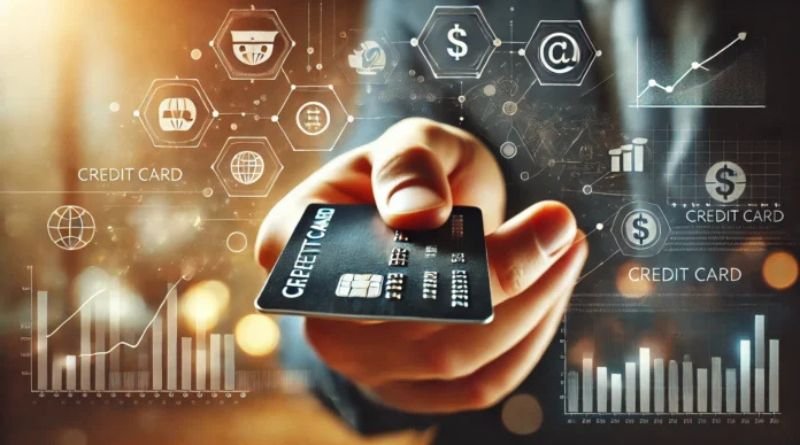Credit cards have become an essential tool in managing personal finances. They offer convenience, rewards, and a reliable way to build credit. However, they also come with responsibilities and risks that users need to understand to make the most of them. This article explores the basics of credit cards, their benefits, and tips for using them responsibly.
Table of Contents
What Are Credit Cards?
A credit card is a financial instrument issued by banks or financial institutions that allows users to borrow money for purchases, up to a certain limit. Unlike debit cards, which withdraw funds directly from your bank account, credit cards let you defer payment until the billing cycle ends, as long as you pay the minimum amount due.
Benefits of Using Credit Cards
- Convenience
Credit cards are widely accepted and offer a safer alternative to carrying cash. They also make online transactions seamless. - Credit Score Building
Proper use of credit cards, such as making on-time payments and keeping a low credit utilization rate, can improve your credit score. - Rewards and Cashback
Many credit cards offer incentives like cashback, travel miles, or reward points for purchases. - Emergency Funds
Credit cards can serve as a financial safety net during emergencies when cash or savings are unavailable. - Purchase Protection
Credit cards often come with benefits such as extended warranties, fraud protection, and chargeback rights for disputed transactions.
Risks of Misusing Credit Cards
- Debt Accumulation
Failure to pay the full balance can lead to mounting debt due to high-interest rates. - Impact on Credit Score
Missing payments or maxing out your credit limit can harm your credit score, making it harder to secure loans or mortgages. - Overspending
The ease of using credit cards can lead to unnecessary purchases, impacting financial stability.
Tips for Responsible Credit Card Use
- Pay in Full Each Month
Avoid interest charges by clearing your balance in full before the due date. - Monitor Your Spending
Use budgeting tools or apps to track your credit card usage and ensure you stay within your means. - Understand Terms and Fees
Familiarize yourself with your card’s interest rates, fees, and rewards programs to maximize benefits and minimize costs. - Limit the Number of Cards
Having too many cards can complicate tracking and repayment, leading to potential mismanagement. - Set Alerts
Use payment reminders or auto-pay features to ensure you never miss a payment.
FAQs
Q: What should I consider before applying for a credit card?
A: Look at factors like annual fees, interest rates, rewards, and your spending habits to choose a card that suits your needs.
Q: How do credit card rewards work?
A: Rewards are points, cashback, or travel miles earned on purchases. These can be redeemed for discounts, gift cards, or travel expenses.
Q: What is a credit utilization rate?
A: It’s the percentage of your credit limit you are using. Keeping this rate below 30% helps maintain a healthy credit score.
Q: Can I use a credit card for large purchases?
A: Yes, credit cards can be used for large purchases, but ensure you can pay off the balance to avoid high-interest charges.
Q: Are credit cards secure?
A: Credit cards are generally secure and come with fraud protection. However, it’s essential to monitor statements for unauthorized transactions.
Conclusion
Credit cards, when used responsibly, are powerful financial tools that offer convenience, security, and rewards. By understanding their features and limitations, you can leverage them to improve your financial well-being. Remember, the key to effective credit card use lies in discipline and awareness. Whether you’re a seasoned cardholder or a first-time user, staying informed will help you make the most of your credit card experience.






